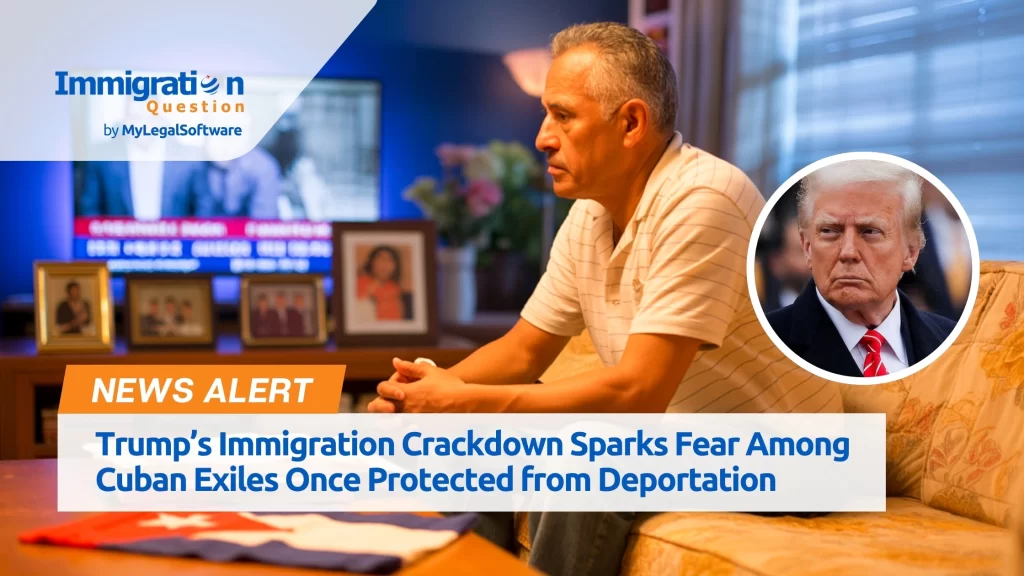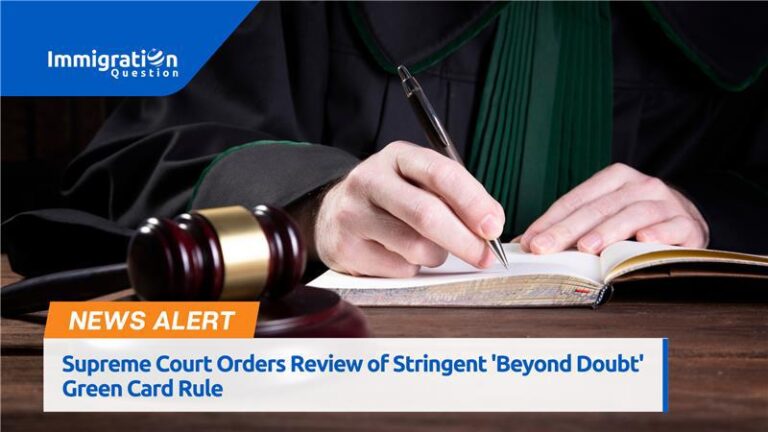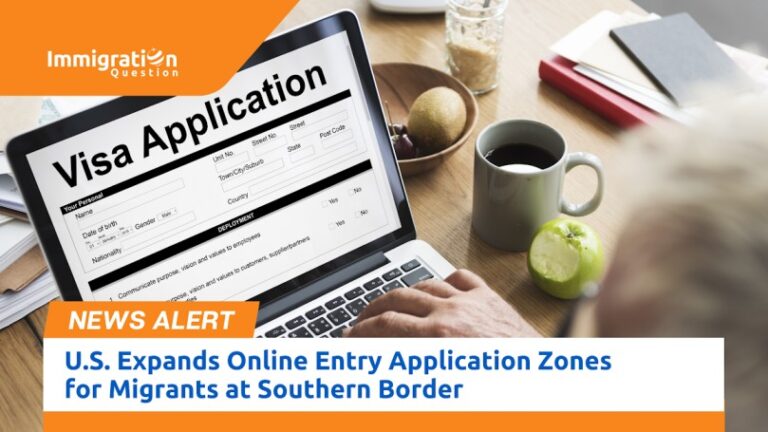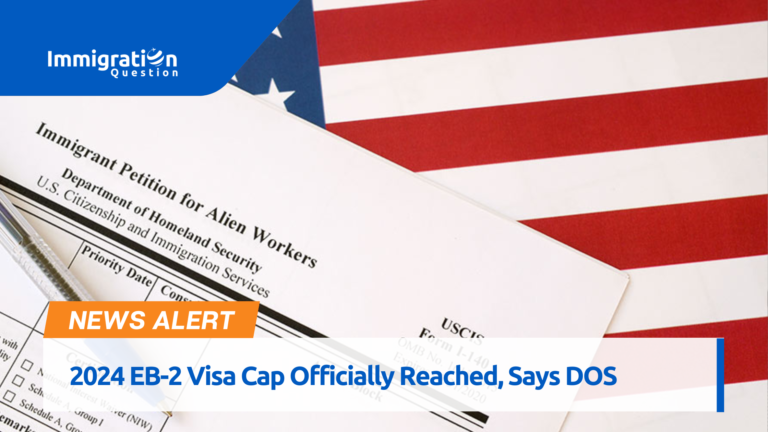Trump’s crackdown on immigration has broken the decades-long feeling of invincibility among Cuban exiles in the United States. Formerly shielded from deportation, they are now being detained and deported, inspiring support and fear throughout the community. While tensions are high politically, the future for thousands of Cuban-Americans hangs more precariously in the balance.
A Community Once Thought Unassailable Is Confronted with New Uncertainty)
For decades, Cuban immigrants in the United States enjoyed a privileged status, sheltered from deportation in large part by Cold War-era policies. But President Donald Trump’s recent enforcement binge disrupted that sense of security, leaving many within the Cuban-American community anxious and afraid for their future.
High-Profile Arrests Signal a Shift
The March arrest of Tomás Hernández, a 71-year-old former Cuban intelligence official, near his Miami-area home was a dramatic turn. Federal agents accused Hernández of concealing his ties to Cuba’s Communist Party when applying for U.S. residency. His detention, along with the apprehension of other former Cuban officials, has been met with approval from some hardline Cuban exiles who have long advocated for a stricter stance against individuals associated with the Cuban regime.
The recent crackdown has made regular Cuban immigrants nervous, even those who have been living in the U.S. for a long time without any problems. Some folks think these measures are needed, but others feel let down by a government they once supported. This sentiment is powerful since many Cuban-Americans usually lean Republican and have backed Trump in previous elections.
Changing Political Winds and Community Division
The Trump administration’s mass deportation pledge, once thought to target migrants from other nations primarily, has now extended to Cubans. In March, temporary humanitarian parole was revoked for approximately 300,000 Cubans, and many have since been detained pending possible deportation. Even well-known people, like a pro-Trump Cuban rapper who’s big on anti-communist activism, have been told to leave the U.S. This change has shaken up a community that used to get refugee status easily. During the Cold War, Cubans could obtain green cards after just a year in the United States, which wasn’t the case for most other nationalities. Now, with the administration’s focus on rooting out alleged former Communist agents, the boundaries of protection have blurred.
Political Fallout and Grassroots Response
The crackdown has become a flashpoint in local politics. Grassroots organizations and Democratic groups have responded by publicly criticizing Republican officials for not defending Cuban migrants from the new policies. Miami billboards have embarrassed prominent Cuban-American politicians for having abandoned their community.
Activists like Luis Dominguez have labored behind the scenes, compiling lists of Cuban former state agents who live in the U.S. and sharing their findings with federal authorities. These efforts, sponsored by right-wing organizations, have identified hundreds of individuals and contributed to the pressure on Cuban migrants.
Community Reaction: Support, Fear, and Uncertainty
At Miami’s iconic Versailles Restaurant, a hub for Cuban exiles, opinions are split. Many older exiles support Trump’s enforcement measures, seeing them as a long-overdue response to Communist infiltration. However, beneath the surface, anxiety is growing. Some fear that even minor infractions could now lead to deportation, eroding the sense of permanence many once took for granted.
What’s Next?
As the White House pushes its crackdown, the Cuban-American community enters an era of profound uncertainty. The legacy of preferential treatment is fading, replaced by a new normal in which even longtime residents must look over their shoulders. With political divisions sharpening and the logistics of mass deportation uncertain, the future for Cuban exiles in the United States is cloudy.
To stay up-to-date and informed, visit our news page, ask your immigration questions on Immigration Question, and get responses from licensed attorneys. For attorneys, streamline your case and lead management when you download the Immigration Question app.










